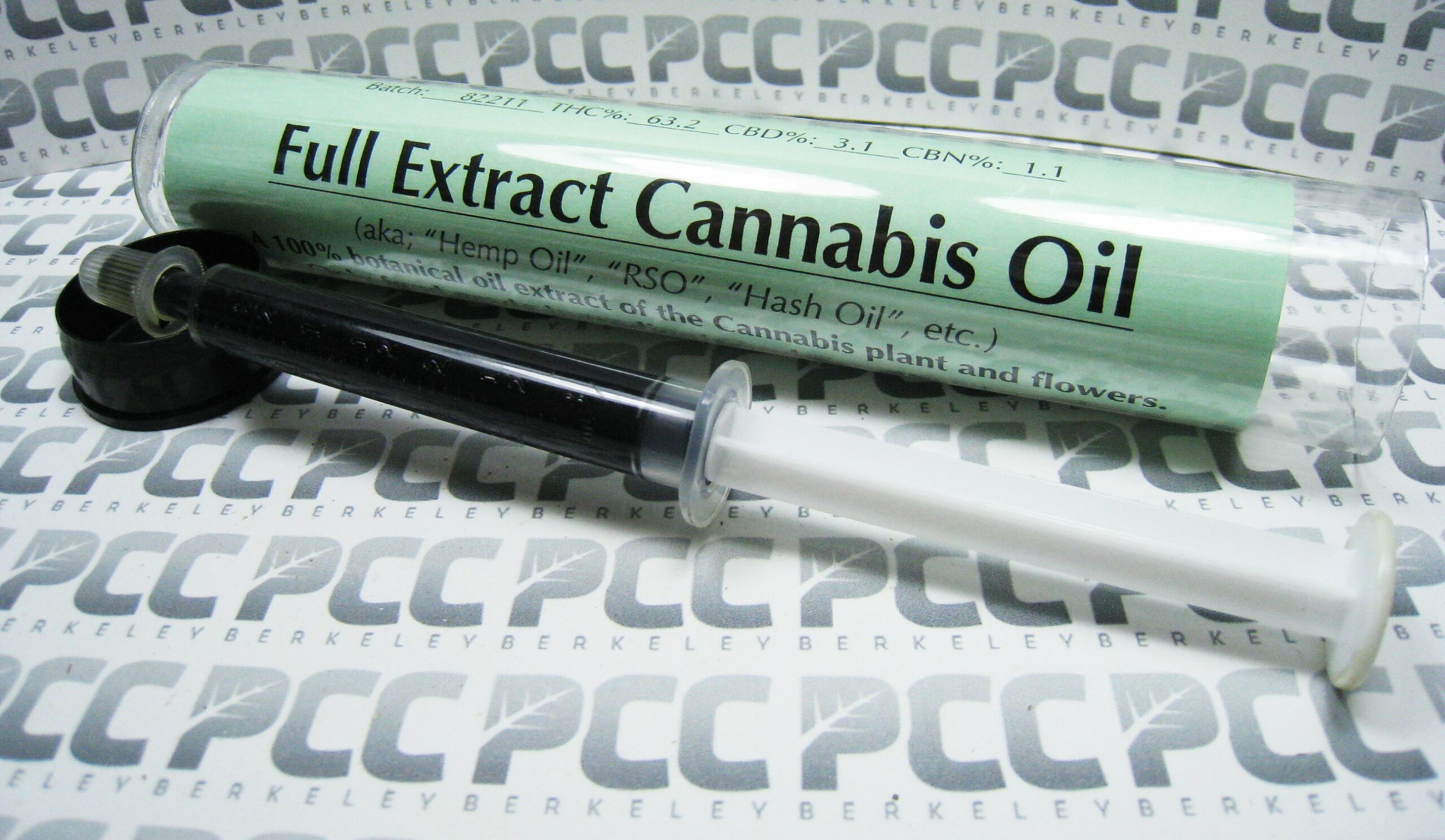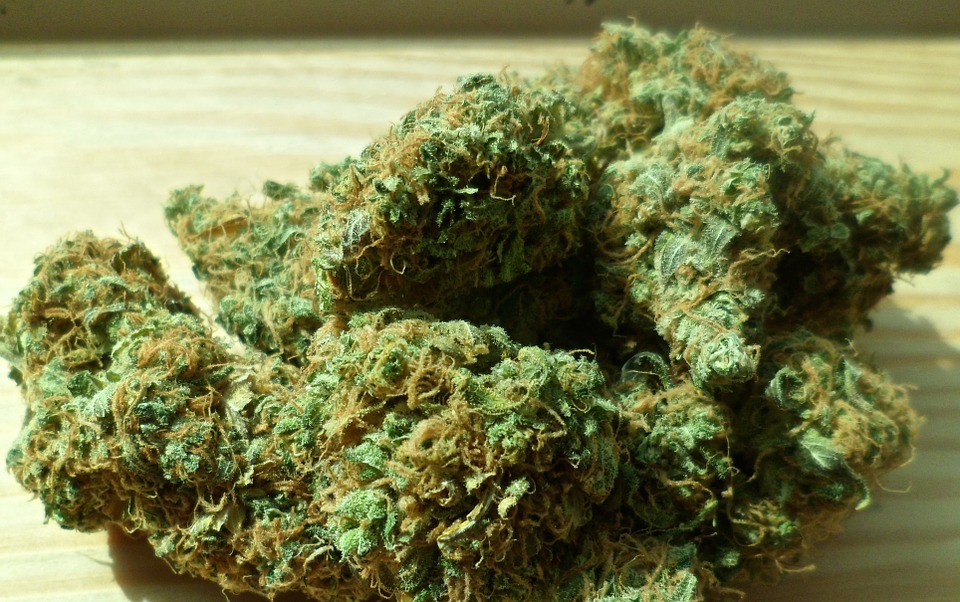Medical cannabis oil is utilized to treat a myriad of conditions, with the number of those who purchase it for medicinal use increasing every year. One of the most common reasons people are choosing to obtain a cannabis card is due to the drug’s effectiveness at combating cancer, and the symptoms related to its treatment.

Medical cannabis oil is a great tool in the fight against cancer.
Each year, an annual international convention on cannabinoid medicine takes place, gathering doctors and researchers together to combine their findings regarding the effects of medical marijuana. While most of the information aired at conventions such as these is greatly under-publicized, there is no denying the anecdotal evidence surrounding the use of cannabis to treat various conditions.
If you have recently obtained a cannabis card in California for medicinal purposes, the information and options available to you can quickly become overwhelming. From the varying degrees of chemical compounds found within different strains of marijuana, to the plethora of ways in which to consume it, purchasing the drug that’s right for you isn’t always as easy as it seems.
Consuming cannabis through more traditional methods, such as smoking it in a joint or bong, also isn’t for everyone. For reasons such as these, more and more people are turning to medical cannabis oil. Cannabis oil is simply a concentrated, distilled form of the marijuana plant, with the plant material itself stripped away via a solvent. Typically, cannabis oil marketed for medicinal use is far less likely to give the high associated with cannabis use, but can still provide a tangible impact on those suffering from cancer.
Just like its herb counterpart, medical cannabis oil contains two primary ingredients: tetrahydrocannabinol (THC), and cannabidiol (CBD). While cannabis oil is more likely to contain lower levels of THC, both compounds found within marijuana have been found to act as a beneficial alternative form of cancer treatment. While no proof suggests cannabis can actually cure cancer, there is significant evidence suggesting it may be able to reduce cancer cells.
Found within every cell in the body are sphingolipids – lipids which specifically manage the life and death of each particular cell. Simply put, if ceramide levels in a cell are high, the death of that cell is imminent. Through the use of medical cannabis oil, THC is able to connect to the cannabinoid receptor site of a cancer cell, causing an increase in ceramide synthesis which drives cell death. While killing cells may sound like a dubious proposition, healthy cells do not produce ceramide in the presence of THC, so only the cancer cells are affected.

Many MMJ users like to use medical cannabis oil to relieve themselves of symptoms of illness.
For those with a cannabis card, certain steps are advised to make the most out of your cannabis oil. The key to fighting cancer cells is the accumulation of ceramide in the system. Consuming a steady amount of CBD and THC over a consistent period of time is far more beneficial than using a large amount all at once. Keeping firm metabolic pressure on the cancer cells will provide the most advantageous route to maximize the effects of medical marijuana.
Substantial evidence found throughout studies carried out over years suggests that medical cannabis oil is able to combat cancer head-on. In 2013, a study completed at the Complutense University of Madrid found that THC actually causes cancer cells to auto-digest, thus drastically reducing tumor size and prevalence. Many people have claimed cannabis helped them recover from cancer, and while this is indeed the case, frequently this is due to the reduction in side effects associated with traditional cancer treatment.
One of the most effective uses of your medical marijuana card in California is nausea relief. For a wealth of people suffering from cancer, chemotherapy is an uncomfortable and draining reality. However, cannabis oil is able to relieve the symptoms that arise through chemotherapy. The National Comprehensive Cancer Network has stated that consuming cannabis can often be more effective than the use of most standard anti-nausea medication.
The range of uses for cannabis in relation to cancer is noteworthy, as they are able to directly affect the disease itself, as well as its symptoms. These symptoms – from nausea, to lack of appetite and pain – can be easily treated through the acquisition of a cannabis card. In fact, a study carried out at St. John’s Hospital in Tulsa found that the side-effects that go hand-in-hand with treatment for both cancer and HIV/AIDS were reduced by 38% in patients who consumed medical marijuana.
Through its ability to target both the cause and symptoms of cancer, cannabis – and the oil distilled from its mothering plant – is becoming an increasingly worthy source of treatment for a considerable amount of people. If you have a cannabis card, knowing the chemical compounds and means of consumption which are right for you is important – with medical cannabis oil being a viable and inviting option for many.
